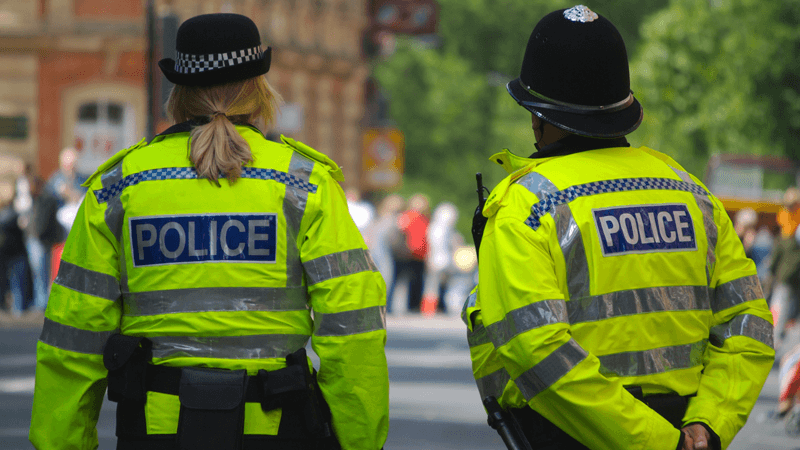
Going soft on cannabis
An updated resource looking into the reality behind the headlines, debunking common cannabis myths, and diving into the dangers of the drug.

Police chiefs have sparked controversy for recommending that cannabis users should not be prosecuted if they are caught with the Class B drug.
The head of drugs policy at the National Police Chiefs’ Council (NPCC), Jason Harwin, said offenders should receive “treatment” instead of “pursuing convictions”.
Tim Loughton MP warned that police chiefs are “sending out the soft message that drugs are no different to any other everyday commodity”.
Harwin spoke in support of West Midlands’ Chief Constable Dave Thompson, who said that prosecuting young people for cannabis posession would harm their “life chances”.
Possession of Class B drugs can lead to a five-year prison sentence, and the supply and production of cannabis can result in up to 14 years in prison.
Critics say any move to loosen these penalties will undermine the law.
Author and drugs researcher Kathy Gyngell, said: “This is astonishing in view of the cumulative relationship between cannabis and violence. This is symptomatic of the politically influenced easier-to-say-yes-then-say-no culture of present day policing.”
Earlier this year researchers called for a crackdown on cannabis use after cannabis was linked to a number of murders by British teenagers.
This follows swathes of research linking cannabis use to mental illnesses, including psychosis.
Last week, it was also revealed that despite cannabis seizures rising by 270 per cent in Scotland, the number of recorded crimes has fallen by one third.
Scottish Conservatives’ public health spokeswoman Annie Wells said cannabis “is responsible for one in ten drug-related hospital admissions and has been implicated in some extremely serious and unsavoury recent crimes”.

An updated resource looking into the reality behind the headlines, debunking common cannabis myths, and diving into the dangers of the drug.